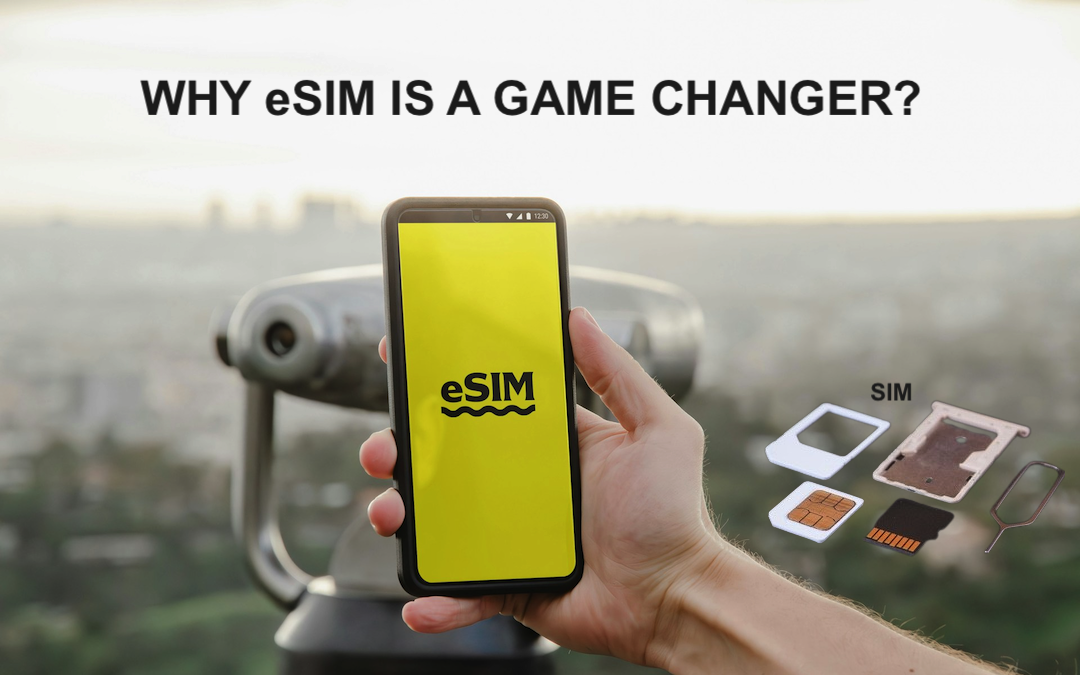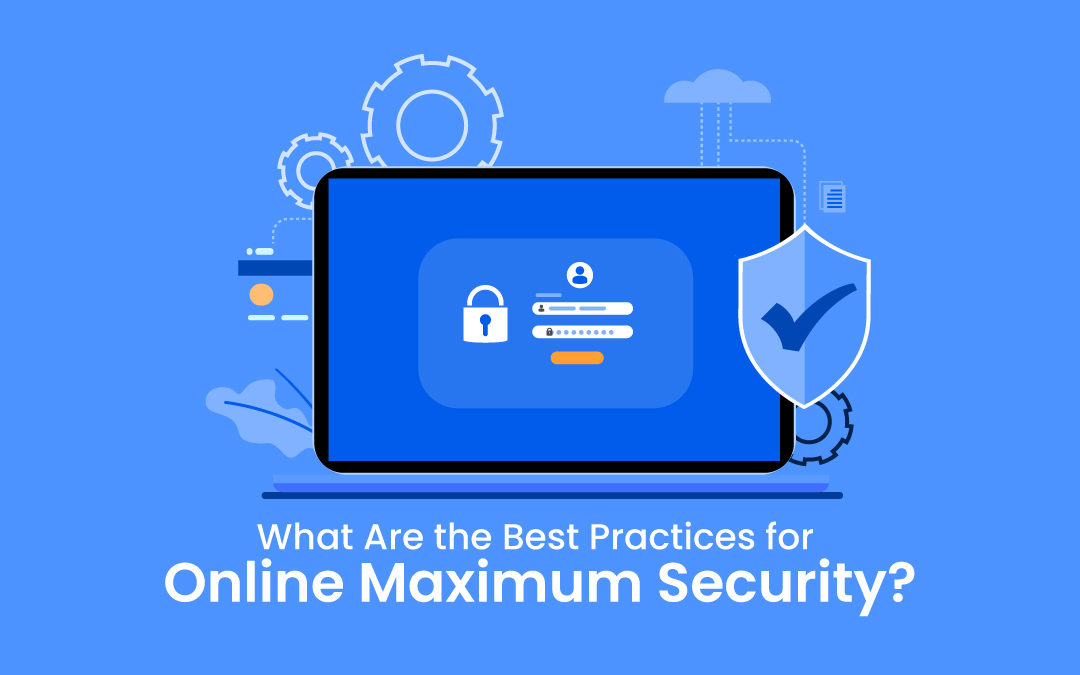
Any international business traveler knows that business travel is no easy task. While outsiders may think that business travel is simply a paid vacation, the reality is different: it is full of meetings, contract negotiations, conferences, and tight schedules.
Mundane, everyday difficulties can compound the already existing stress of business travel. That's why we've decided to discuss eSIM technology—one of the best solutions for helping you stay focused and efficient during your business trips.
What is an eSIM?
The term eSIM stands for embedded SIM card. Simply put, it's a virtual SIM card capable of performing all the functions of its physical counterpart. The main difference is that an eSIM is entirely virtual and does not physically exist.
The existence and proliferation of eSIM cards is hardly surprising. You may still remember those huge (by today's standards) SIM cards that you or your parents used to put in your mobile phone. They were Mini SIM cards. Then came Micro SIMs and, finally, commonly used today, Nano SIMs. As you can see, each generation of SIM cards has gotten smaller and smaller, so eSIM cards are a natural evolutionary step.
Why should you get an eSIM as a business traveler?
eSIM cards are becoming increasingly popular, and there's a good reason for that. They are simply more convenient than traditional SIM cards.
Imagine that, for some reason, you need a new SIM card. What would you do? You'd probably have to find a store or kiosk that sells SIM cards, then go there, perhaps stand in line, buy a starter pack, unpack it, and finally insert the card into your device, probably fumbling with a paper clip or other object to open that ridiculously tiny SIM tray in your smartphone.
And what if you were in a foreign country? That would include trying to explain what you need to a vendor who may or may not speak your language. If, in addition, you were on a business trip, you'd also likely be tired after the flight, overwhelmed, and stressed about upcoming tasks.
That's where eSIM cards come to the rescue. Here's how it works — instead of buying a physical local SIM card at your destination, you can simply install the eSIM app and buy an eSIM for the USA, Australia, Chile, Norway, or any other country you'll be traveling to.
The best thing about eSIM apps is that you can buy your data plan even before your plane takes off so that when you land, you can use your new card immediately, and the only thing left for you to do is to get straight to your hotel.
The benefits of eSIM apps
Here are some other eSIM benefits that you might want to consider if you're a business traveler:
- Connectivity wherever you are. No matter how often or how long you travel for work, the eSIM app is always there on your device, ready to go. Just open it, purchase a data plan for the country you're traveling to, and stay connected to the world.
- Quick network changes. No more swapping and fumbling with SIM cards: the eSIM app allows you to change networks quickly. No delicate SIM card trays are involved.
- Increased efficiency on the go. With eSIM cards, you don't have to rely on public Wi-Fi networks. You don't have to interrupt your work to look for a connection or wait for your hotel's internet to work properly. Just purchase an eSIM plan and use mobile data normally to send emails, read reports, and perform various tasks.
- Enhanced security. Speaking of public Wi-Fi — it's not the safest option, especially if you're handling important business documents. Hackers can spy on public hotspots in busy areas, so it's always safer to rely on your own private internet connection.
- Cost reduction. Local mobile service providers are always the best option when it comes to data plans. The eSIM app allows you to purchase a local plan instead of relying on roaming, which can be absurdly expensive.
The future of SIM cards in business
As we see mobile devices becoming smaller and more compact, yet more robust with each generation, we can certainly say that eSIMs are the future. For now, they're still fairly new. Not all devices are compatible with them, but that will likely change in a few years. We suspect that everyone will use an eSIM because why not? It's the most convenient solution for both business and everyday use, especially when traveling abroad.
Share this post
Leave a comment
All comments are moderated. Spammy and bot submitted comments are deleted. Please submit the comments that are helpful to others, and we'll approve your comments. A comment that includes outbound link will only be approved if the content is relevant to the topic, and has some value to our readers.


Comments (0)
No comment